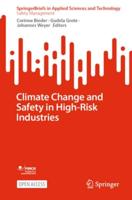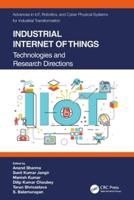Publisher's Synopsis
In any engineering field (including manufacturing, construction, transportation, aerospace, food and agriculture, oil and gas, etc.), ensuring product quality is fundamental to achieving success. Quality assurance (QA) and quality control (QC) are integral components of managing quality. According to the American Society for Quality (ASQ), QA is defined as the part of quality management that focuses on instilling confidence in meeting quality requirements, while QC is concerned with fulfilling those requirements. QA instills confidence internally within the engineering organization's management and externally with customers, government agencies, regulators, certifiers, and other stakeholders. QA primarily examines how processes are carried out or how products are made, while QC concentrates on product inspection. When QA and QC collaborate effectively, organizational efficiency is enhanced, resulting in superior products.
Quality Control and Quality Assurance: Techniques and Applications explores various aspects of quality, including quality planning, QC, QA, and quality enhancement. It covers topics related to QA such as total quality management (TQM), failure testing, process and product quality assurance (PPQA), and statistical process control (SPC). QC includes chapters describing process control, control charts, acceptance sampling, and product quality assessment. For meaningful and easy traceability, the chapters are divided into four sections: "Basics of QA/QC"; "Applications of QA/QC in Industry"; "Applications of QA/QC in Healthcare"; and "Applications of QA/QC in Education". Covering the latest practices, techniques, and applications in QC and QA, this book is a valuable resource for engineering and business students, practicing engineers, engineering managers, and third-party agencies.










